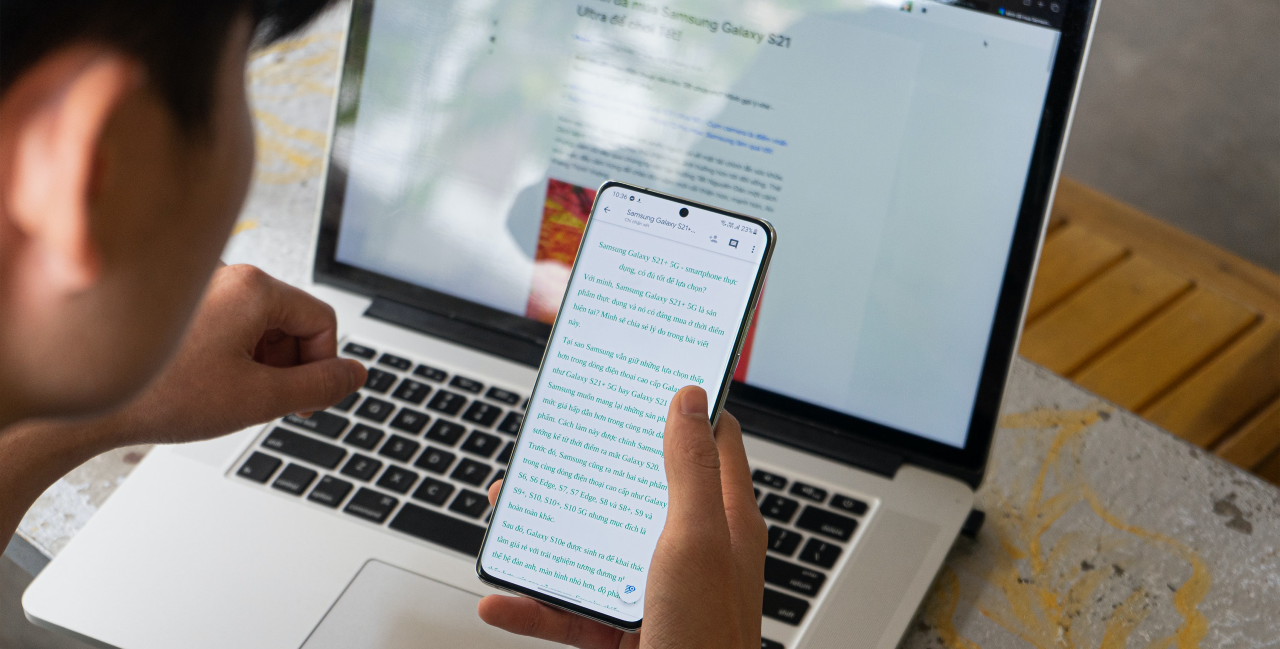OER Resources

It is a best practice to use OER (Open Educational Resources, i.e., those with a Creative Commons license). The advantages include zero (or low) cost to students as ZTC (Zero Textbooks Cost), ease of modification, and rapid updating. Furthermore, these materials can and should be provided to students before the official start date of the course.
Popular sources for OER materials include:
OER Commons - a public digital library of open educational resources
Cool4Ed - California Open Online Library for Education
OpenStax - Free and flexible textbooks and resources
Merlot - curated online learning and support materials and content creation tools, led by an international community of educators, learners and researchers
Open Textbook Library - Open textbooks licensed by authors and publishers to be freely used and adapted
BookBoon - Free textbooks written by professors from the world’s top universities
Orange Grove Texts Plus - The University Press of Florida and the University of Florida Libraries are collaborating to provide open access and ensure long-term digital preservation for volumes published by the University Press of Florida
Project Gutenberg - Free epub and Kindle eBooks to download or read online. You will find the world’s great literature here, with focus on older works for which U.S. copyright has expired. Thousands of volunteers have digitized and diligently proofread the eBooks
Faculty should verify that OER options for their sections are correctly noted by the course schedules and bookstore communications.